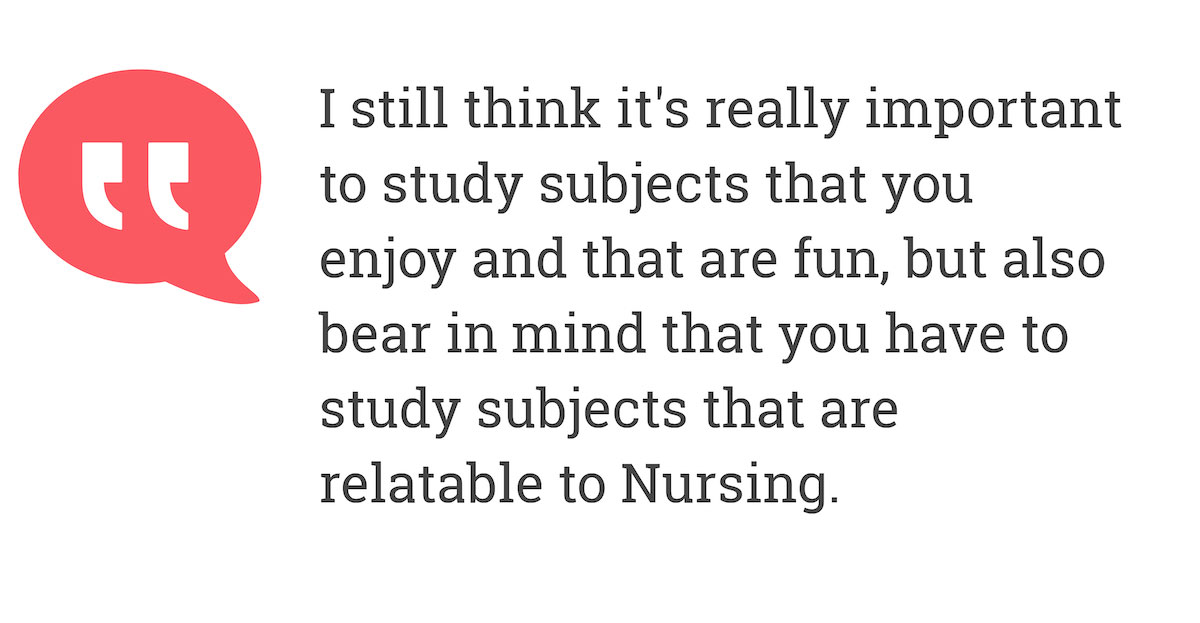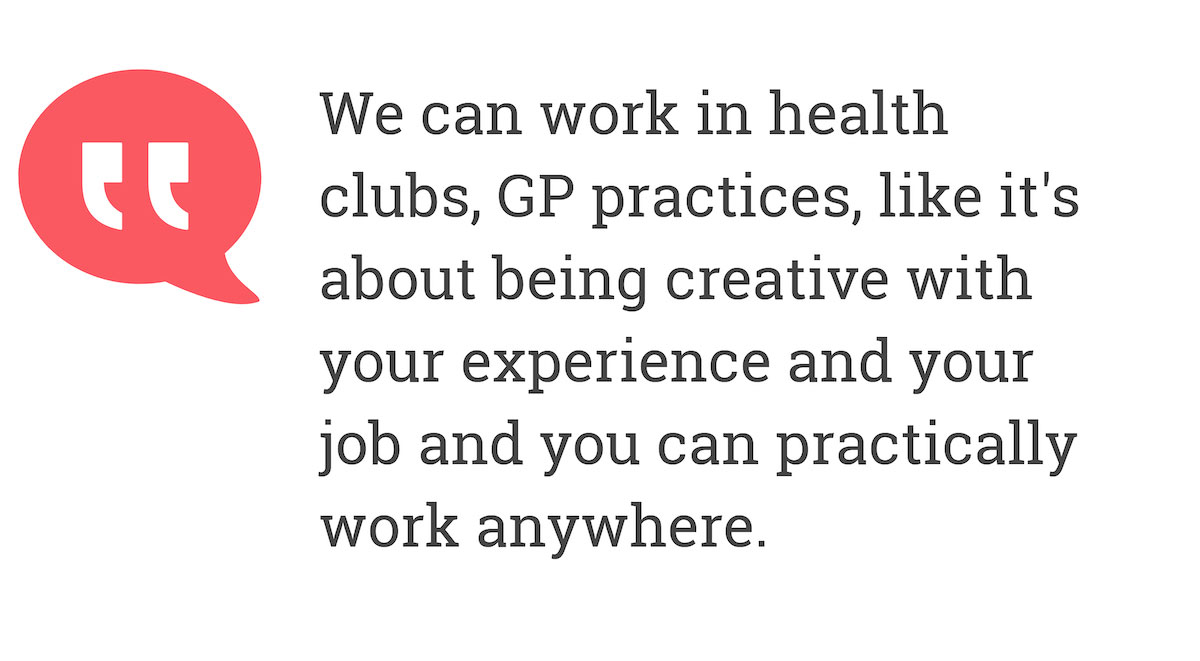Paediatric Nurse, Angie Jay, describes her career journey in Paediatrics, the qualifications and experience required, as well as some advice on beginning your own Nursing journey.
Topics covered in this article
My First Post As A Children's Nurse
What I Love About Paediatric Nursing
What Skills Do You Need In Paediatric Nursing?
Introduction
Hi everybody, my name is Angie, and today I'm going to be talking to you guys about all things Paediatric / Children’s Nursing, whichever way you'd like to say it really, it means the same thing.
I've been a qualified Nurse, paediatric trained, for 13 years now.
So I'd like to think I've kind of got a few gems up my sleeve and a bit of knowledge to share with you guys that are wanting to come into Paediatric Nursing.
If I'm honest, I didn't want to be a Nurse initially.
Nursing was never my first career choice and that's me being quite honest.
I initially always wanted to be a child psychologist.
I just find the brain so fascinating.
I find understanding why people do things the way they do quite interesting, so that was always my first choice.
And I kind of fell into Nursing by accident because when it came to my A levels, I kind of missed out on one or two of the grades to get into university to study psychology.
So I thought with the grades that I've got, I can still go into Nursing.
And to be honest, once I found out that there was like a children's branch of Nursing, that was it, I was sold.
My experience and my advice to you that if you do want to get into sort of Paediatric Children’s Nursing, I would recommend building your foundations of experience up.









About this contributor
Paediatric Nurse
I'm a Paediatric Nurse with 13 year's experience in a range of settings from Ward life, A&E, Sexual Health, School Health and Safeguarding Children. Currently my role is in the community as a Children's Safeguarding Nurse within a School Nursing Service working with vulnerable Children and Young people aged 5-19 years.
More by this contributorWant to get involved in the discussion?
Log In Subscribe to comment